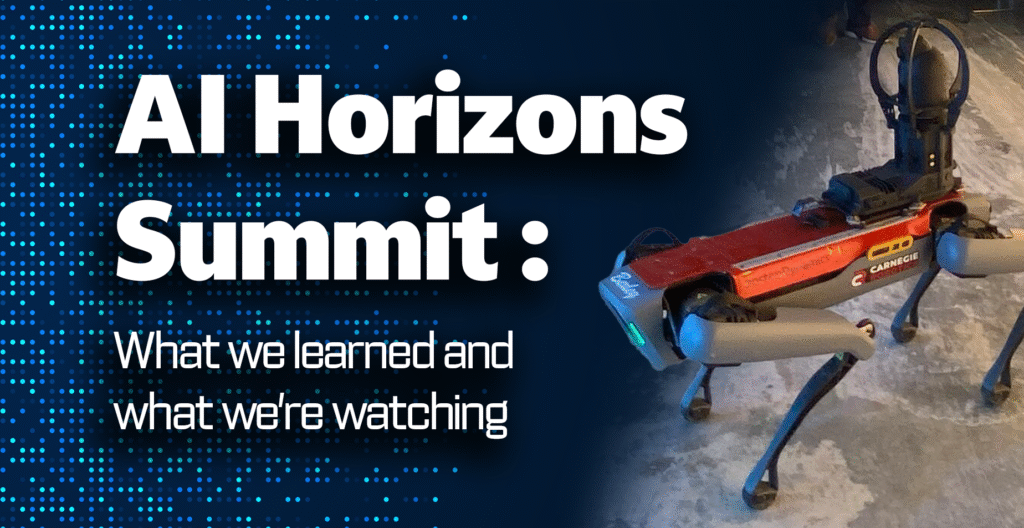Robert Costa, 33, is a national political reporter for The Washington Post, moderator of PBS’s “Washington Week,” and a political analyst for NBC News and MSNBC. He frequently appears on “Morning Joe,” “11th Hour with Brian Williams,” and PBS “NewsHour,” among many other programs.
Tim Costa, 29, is an associate at Ceisler Media, assisting clients in media management, editorial organization and issue advocacy. He offers insight garnered from experience ranging from working alongside White House speechwriters to serving as a producer for Anderson Cooper on “60 Minutes.”
Here, the brothers, who grew up in Bucks County, talk about the changing news industry, the importance of getting the details correct and a teacher who inspired them both years ago.
Tim Costa: You joined The Washington Post in 2014. What drew you to a print newspaper?
Robert Costa: Like so many reporters, I grew up watching the film “All the President’s Men” and thought Bob Woodward and Carl Bernstein were the examples of how to do the job right. The legendary reputation of The Post was a draw, for sure. I also saw a place that brought together the best reporters and built teams of editors around them. I wanted to be part of a place that put a premium on being vigorous and getting the story right rather than only focus on getting clicks. That integrity and reputation mattered when I made the decision to join the Post and continue to matter every day.
Tim Costa: I’ve seen you at work. When I interned one hot summer for the Speaker of the House, I’d see you running down the halls trying to get quotes from lawmakers.
Robert Costa: Getting the quote right is so important. The best reporters make sure they got it right and nail it down for accuracy. You have to listen and listen again to the audio and look carefully at your notes. You know a lot about that, Tim.
Tim Costa: That’s true. When I was at “60 Minutes,” fact-checking and research and double-checking were integral to what I did every day. Those skills, however, aren’t simply for journalists. Every day at CMIA, I take those same skills I used as a journalist and produce to my work. Clients count on us getting things right in the same way your readers and viewers do. They follow you in new ways, too, so you must navigate that carefully.
Robert Costa: Using Twitter and Facebook and Instagram is now part of the job. Hundreds of thousands of people are there every few minutes, checking and following. They count on you there. So the job is definitely about more than what I write in the Post or say on TV. Accuracy matters everywhere and you can spend years building a reputation but it can end with a tweet, if you start making rash decisions. That doesn’t mean you operate in fear, but you have to have your eyes open and head clear as a modern journalist.
Tim Costa: On your PBS show, you take pride in having reporters on the program instead of talking heads or partisan pundits. Why does that matter to you?
Robert Costa: In a world where everyone seems to have an opinion, it’s important to sit down on a Friday night and talk through the issues of our time with reporters who cover them and know the players. I’m not necessarily interested in what people think or believe. I’m interested in what they know from their reporting and how that reporting can help our audience learn more about the behind-the-scenes discussions of the effects of policy. There’s a sense of duty in taking the job seriously and not veering into punditry or shop talk among reporters. It should be focused and have a mission, a mission to inform and enlighten.
Tim Costa: We both graduated from Pennsbury High School in Bucks County. And we shared a favorite teacher there, Al Wilson, who taught generations of students the ever-evolving landscape of media. He was integral in guiding both of us toward a media career. How did that experience shape you?
Robert Costa: Mr. Wilson was such an important force in my development. He made learning about the media an exhilarating experience, rather than something that’s just digested while you sit in a classroom. He taught us both to be tough and to respectfully hold our ground, whether it was in an interview or in dealing with production crews and coaches while covering high school sports. He also encouraged us to attend professional sports event and report on the Philadelphia Eagles and the Phillies from the press box as students. No one else in Bucks County did that and it enabled us to soak in a professional media environment. We learned how to interact with public-relations people and with celebrities and athletes. It could be challenging but it was critical in helping me learn and grow.
Tim Costa: Those were good times. The sports show for PHS-TV was called “Sports Check” and we used to edit on actual video tapes. We should go try to find some of them. Anyway, we kept building on that experience while we were in college. I went to Temple, you went to Notre Dame, and we both interned for “Charlie Rose” on PBS. Was that how you drifted to enjoying TV and moderating and loving PBS?
Robert Costa: My work for Charlie Rose certainly introduced me to PBS and it’s such an honor to host a show now on PBS, “Washington Week,” that has a rich history, going back to when it was first broadcast in 1967. Another key moment came when I was at Notre Dame and worked for the college TV station, ND-TV, and started my own interview program, “Office Hours,” where I interviewed everyone from the college president to guitarist Tim Reynolds from Dave Matthews Band.
Tim Costa: I remember when Reynolds did your show. He even played in studio. Let’s not forget that you also got John Mayer and Maroon 5, among others, to play at Pennsbury. One cool thing about you is that you still know these guys years later. I know you caught up with Reynolds backstage at a DMB concert the other day. The more things change, the more they stay the same, right? You still love music. You also covered music for a long time.
Robert Costa: I did. Right around when I was doing high school reporting at Pennsbury, I got a freelance gig at The Bucks County Courier Times writing about rock music. I’m a little embarrassed recalling this, but my column was called “Jam Band Bob’s Musicology.” It’s exactly what a high school kid who enjoys bands like Dave Matthews and Phish would do! But it was fun and it was real and it got me to see tons of shows and interview some of my musical heroes at venues like the Electric Factory. I kept up with the music stuff at Notre Dame, writing concert reviews from time to time and working at the campus music club.
Tim Costa: What led you away from music journalism?
Robert Costa: It was hard to see how I could make a career out of something I always saw as my passion, which is going to concerts. At the same time, I loved politics and history. So I thought about doing political journalism and started to take more internships in that area, at places like ABC News, and a fellowship at The Wall Street Journal. I will say that these days, when the news cycle is wild and the deadlines are close, I do wonder if I maybe should have been a rock critic.
Tim Costa: Really appreciate you taking the time and offering these insights, Bob. Means a lot. You’re a Washington guy now, but you’ll always be a Philly and Bucks County guy to me.
Robert Costa: This is true. I will be. Let’s not forget, I got part of my start in journalism as a writer for PoliticsPA.com and before I knew Larry Ceisler as a friend, I knew him as a source! He was — and remains — my go-to voice when I needed a smart take on state politics.

Tim Costa is an Associate in Ceisler Media’s Philadelphia office.



